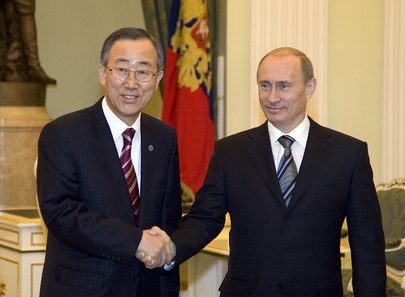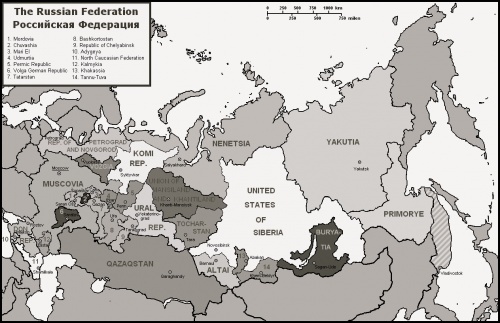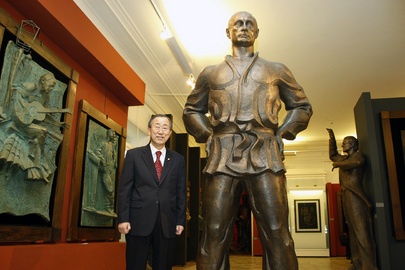


Posted on at



"Voice of the Global Citizen"- Diplomatically Incorrect (diplomaticallyincorrect.org) provide film and written reports on issues reflecting diplomatic discourse and the global citizen. Ambassador Muhamed Sacirbey (@MuhamedSacirbey) is former Foreign Minister Ambassador of Bosnia & Herzegovina at the United Nations. "Mo" is also signatory of the Rome Conference/Treaty establishing the International…
Subscribe 0